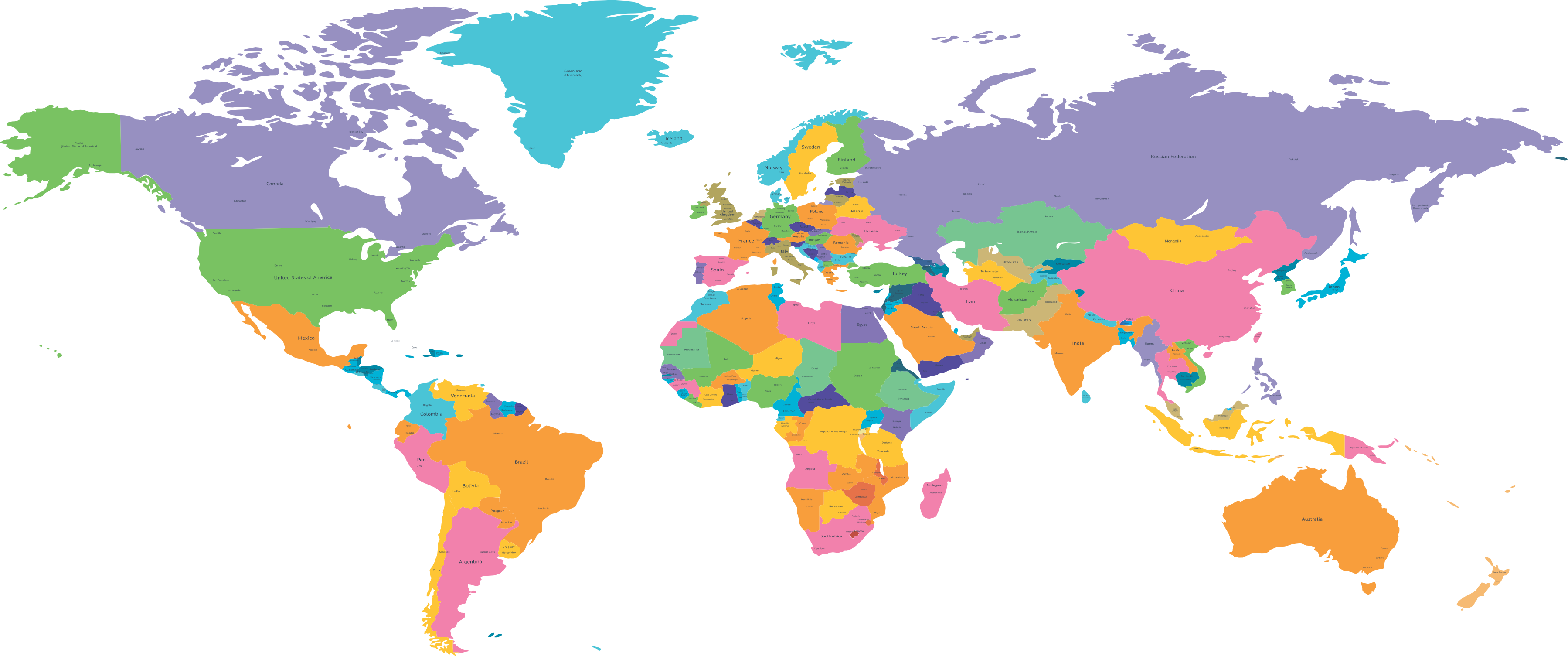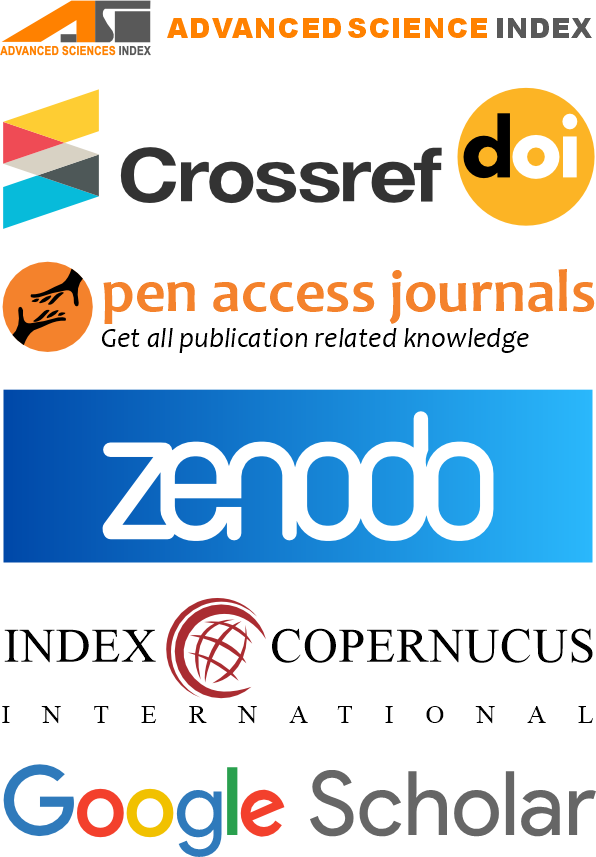Uniform System of Education for Pakistan: A Thematic Analysis
DOI:
https://doi.org/10.55737/rl.2025.41078Keywords:
Education, Modification, Policies and Reforms, Global Environment, Socioeconomic BackgroundAbstract
Education is a channel for modifying society to suit the changing scenario and facilitate human beings' adjustment at the individual, local, national, and international levels. As a developing country, Pakistan has introduced various reforms in the education sector, but evident gaps in fulfilling the minimum quality standards still remain. Furthermore, the COVID-19 scenario served as a challenging global alarm for significant changes, specifically in education. Thus, the demand for relevant quality education is alarming today. This study has been conducted to analyze various education policies and reforms in Pakistan since 1947, to describe the opportunities and challenges of educational reforms in the country, and to explore the current reforms aimed at establishing a uniform education system. Therefore, the researcher studied all the educational policies regarding their allocation procedure for human and financial resources. This research also examines the functioning of such reforms, taking into account Pakistan’s socio-economic context. This literature-based study consulted the available literature on educational policies and reforms in Pakistan. Three-stage thematic methods were applied for this purpose.
References
Bari, F. (2018, September 21). Uniform education? DAWN.COM. https://www.dawn.com/news/1434226
Bengali, K. (1999). History of educational policy-making and planning in Pakistan. Islamabad: Sustainable Development Policy Institute.
Creswell, J. W. (2009). Research design (3rd ed.). Thousand Oaks, CA: Sage Publications.
Internatioal Crisis Group. (2014, June 23). Education Reform in Pakistan. Crisis Group. https://www.crisisgroup.org/asia/south-asia/pakistan/education-reform-pakistan
Sajid, AR. (2016, December 26). Educational Policies of Pakistan – where Pakistan Stands? By AR Sajid. The Educationist. https://educationist.com.pk/educational-policies-of-pakistan-where-pakistan-stands/
Freire, P. (1996). Pedagogy of the oppressed (revised). New York: Continuum.
The Global Goals. (2025). Goal 4: Quality education. The Global Goals. https://globalgoals.org/goals/4-quality-education/
Ball, S. (1994). Education reform. McGraw-Hill Education (UK).
Hooks, B. (1994). “Engaged Pedagogy” in Teaching to Transgress. Education as the Practice of Freedom. New York: Routledge, pp. 13–22.
Imran, A. A. (2017, September 16). Uniform system of education for Pakistan. Daily Times. https://dailytimes.com.pk/116683/uniform-system-of-education-for-pakistan/
Khlaif, Z. N., & Salha, S. (2020). The unanticipated educational challenges of developing countries in Covid-19 crisis: A brief report. Interdisciplinary Journal of Virtual Learning in Medical Sciences, 11(2), 130-134. https://doi.org/10.30476/ijvlms.2020.86119.1034
Khan, A. H., & Mahmood, N. (1997). Education in Pakistan: Fifty years of neglect [with Comments]. The Pakistan development review, 647-667. https://www.jstor.org/stable/41260063
Dildar, S. M., Saif, N. N., & Naz, A. (2016, October). Review of educational policies of Pakistan: Planning and implication flows. In First International Conference 5Es, Department of Education, University of Sargodha, Pakistan.
Mian, A. I., & Chachar, A. S. (2020). Debate: COVID‐19 and school mental health in Pakistan. Child and Adolescent Mental Health, 25(4), 270-272. https://doi.org/10.1111/camh.12431
Williams, M. K. (2017). John Dewey in the 21st century. Journal of Inquiry and Action in Education, 9(1), 7. https://digitalcommons.buffalostate.edu/jiae/vol9/iss1/7
Noddings, N. (1995). Philosophy of Education (1st ed., pp. 111-123). USA: Westview.
Paré, G., & Kitsiou, S. (2017). Methods for literature reviews. In Handbook of eHealth evaluation: An evidence-based approach [Internet]. University of Victoria.
Ramay, S. (2018, September 13). A history of educational reforms, and why the PTI should focus on this sector. Daily Times. https://dailytimes.com.pk/297011/a-history-of-educational-reforms-and-why-the-pti-should-focus-on-this-sector/
Report of the Committee on Education Sector Reforms in Pakistan. (2020). Retrieve August 11 2020, from http://mohtasib.gov.pk/images/pdfs/Reform_Report.pdf.
Shams, A. (2018). Analysis of the Curriculum of Islamiyat at the Primary level in the light of the Quran (MS Thesis). International Islamic University Islamabad.
Sinha, K. (1995). A Comparative Study of Gandhi and Freire in Education. New Delhi: Commonwealth publishers.
United Nations Western Europe (2021). Sustainable Development Goals (SDG 4) | United Nations Western Europe.
Zai, S. A. Y., & Akhunzada, A. S. (2020). Challenges and Responses of Higher Education institutions to align higher Education with COVID-19 Realities: A Thematic Analysis. International Journal of Distance Education and E-Learning, 6(1), 109–129. https://doi.org/10.36261/ijdeel.v6i1.1425




